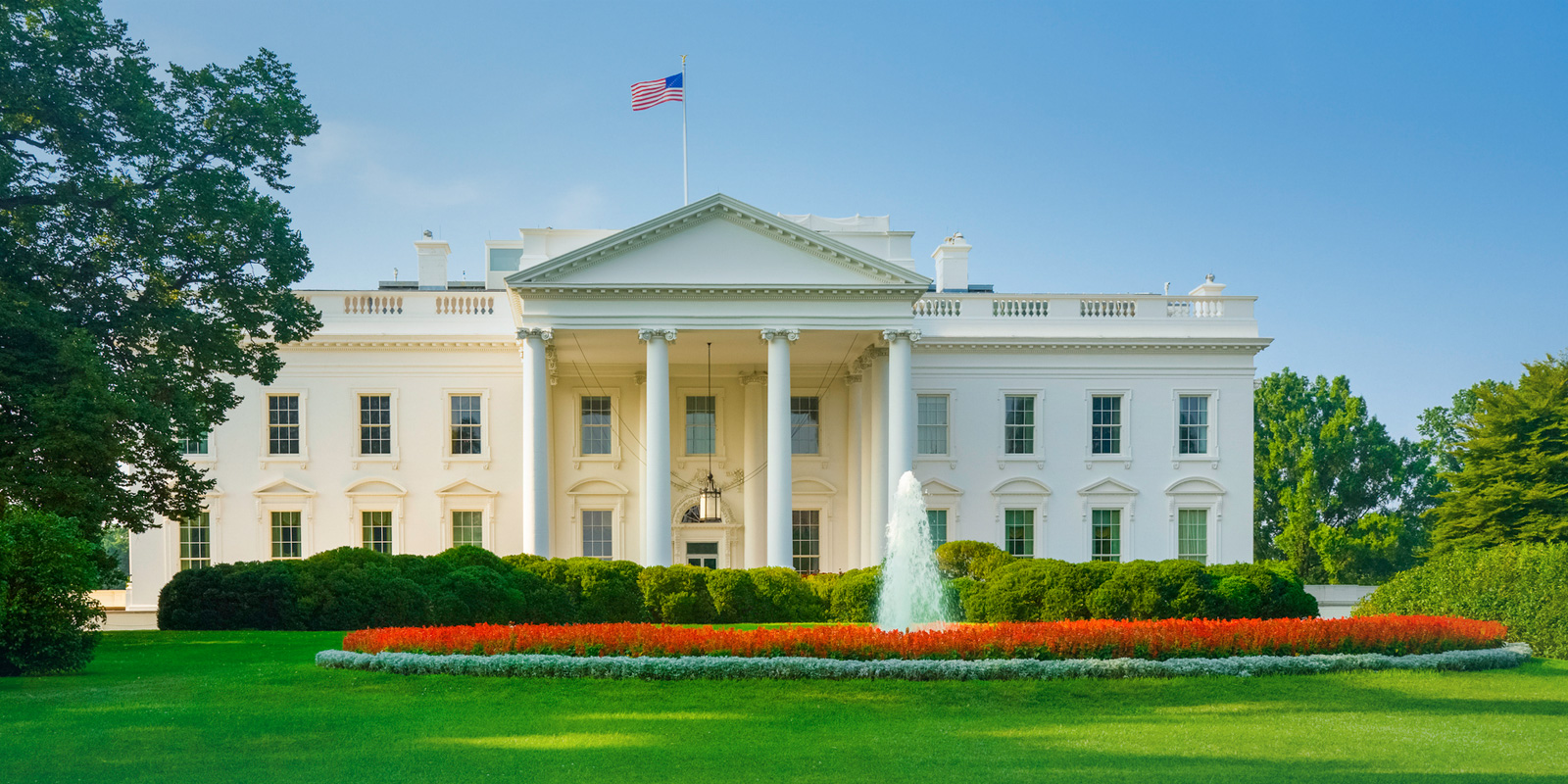
White House Executive Orders Limit Federal Agencies' Civil Enforcement Tools
Executive orders require agencies to be transparent in policymaking and enforcement.
The president issued two executive orders limiting federal agencies' ability to use guidance documents for policymaking and enforcement and promoting transparency and fairness in civil enforcement matters.
Agency Guidance Documents
The first executive order requires agency guidance to be more transparent in a number of respects.
- Agencies must publish their guidance on the internet.
- Agencies must review their guidance and rescind guidance that should no longer be effective.
- Agencies must finalize regulations for issuing guidance.
- Agencies must follow additional procedures before issuing a significant guidance document—including, among other things, notice and comment and approval from a senior agency official.
Transparency and Fairness in Civil Administrative Enforcement
The second executive order promotes transparency and fairness in agency enforcement. In addition to reiterating that agencies may not use guidance documents to impose new standards of conduct, the order directs agencies to take specific steps to ensure clear notice of any intended enforcement actions. These include, among others:
- Agencies may only enforce standards that are public and would not cause unfair surprise.
- Agencies must publish in the Federal Register any claim of new or expanded jurisdiction.
- Agencies must provide an opportunity to be heard before taking enforcement action.This requirement means regulated parties must be able to object to an agency's proposed factual and legal findings before the agency brings any enforcement action, and the agency must respond by stating the basis for its action in writing.
- Agencies must propose procedures for encouraging voluntary self-reporting by regulated parties in exchange for penalty reductions.
- Agencies must adhere to standards set out in the Paperwork Reduction Act when they ask regulated parties for information without issuing a formal administrative subpoena or civil investigative demand.
The executive orders build on prior steps the Department of Justice ("DOJ") took to curb the use of guidance documents. Attorney General Jeff Sessions and Associate Attorney General Rachel Brand issued memoranda that prohibited DOJ from issuing guidance documents imposing binding standards on the public absent notice and comment, and that limited DOJ's use of agency guidance documents in civil enforcement actions.
Businesses in regulated industries, especially those engaged in regulatory litigation, should consider the effect of these orders on their legal and business strategies.


